Xiaoyan Zeng
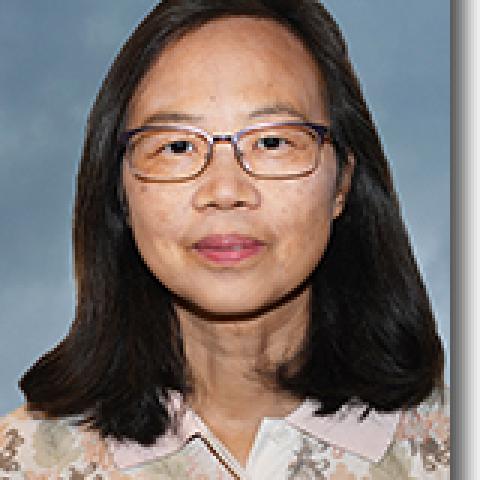

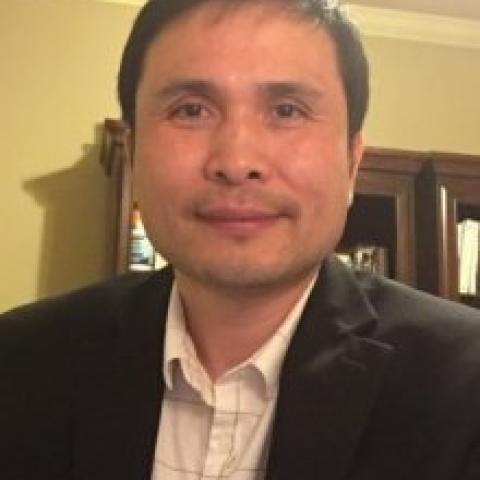
Donggang Yao is a professor in the School of Materials Science and Engineering at Georgia Institute of Technology. He received his Ph.D. and Master’s degrees both from University of Massachusetts Amherst, and his B.S. degree from Shanghai Jiao Tong University, China. He teaches and directs research in the broad area of polymer engineering. His current research focuses on polymer micromolding, fiber spinning, single-polymer composites, constitutive modeling, and process modeling and simulation. He has published over 60 journal papers and 80 conference papers on polymer processing. He was a recipient of NSF Career Award in 2003 for his research on polymer micromolding. He chaired the ASME Composites and Textile Engineering Technical Committee from 2009 to 2011. He currently serves as an associate editor for ASME Journal of Manufacturing Science and Engineering and an editorial board member for Polymer Engineering and Science.
Biocomposites; Biomanufacturing; Biomaterials; Bioprocessing; Bioproducts; Fiber Properties; Forming; Lignin & Hemicellulose; Manufacturing; Mechanics of Materials; Microfluidics; Microporous Materials; New Materials for 3D Printing; Polymer & Fiber; Process Modeling; Non-Newtonian Fluid Mechanics
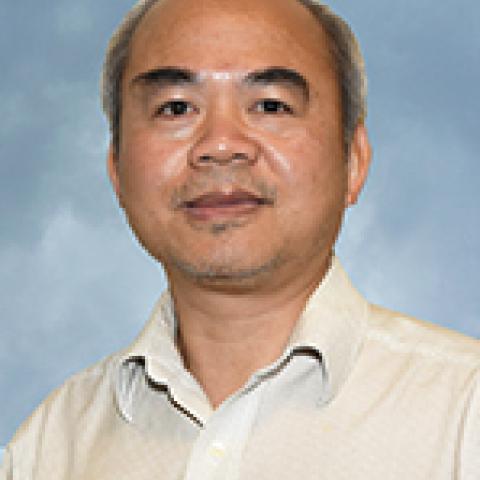
In May 2000, Dr. Yang earned his doctorate degree in environmental and resource engineering from the College of environmental science and forestry, State University of New York. He also held M.S. degree and B.Sc. degree in pulping and paper. He first joined IPST, the former of RBI at Georgia Tech, in 2000 as a post doctor fellow. Soon he was hired as research scientist I. In 2006, he was promoted to be research scientist II. In 2013, he was appointed to be the manager of pulping and bleaching lab. Beginning from 2016, Dr. Yang has been teaching Pulp & Bleaching Lab (ChBE4873). In 2019, he was assigned additional duty in managing chemical analysis lab. With strong educational background in wood chemistry, coupled with the acquired skills and experience in chemical analysis., Dr. Yang’s main area of interest was utilizations of natural resources, especially biomass, in a sustainable way. He also interested in the development of novel online detection and monitoring in chemical process, and providing technical services to the industries and research communities.
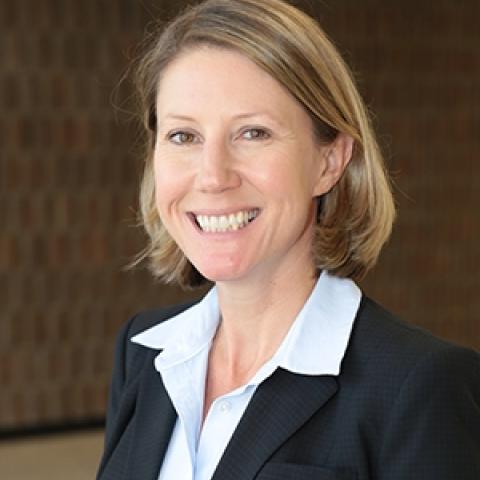
Krista S. Walton is the Associate Dean for Research & Innovation in the College of Engineering and Professor and Robert "Bud" Moeller Faculty Fellow in the School of Chemical and Biomolecular Engineering at Georgia Tech. She received her B.S.E. in chemical engineering from the University of Alabama-Huntsville in 2000 and obtained her Ph.D. in chemical engineering from Vanderbilt University in 2005, working with Prof. M. Douglas LeVan. Prof. Walton completed an ACS PRF Postdoctoral Fellowship at Northwestern University in 2006 under the direction of Prof. Randall Snurr.
Her research program focuses on the design, synthesis, and characterization of functional porous materials for use in adsorption applications including carbon dioxide capture and air purification. She has published > 80 peer-reviewed articles and presented dozens of plenary lectures and invited seminars. Prof. Walton currently serves as an Associate Editor for the ACS Journal Industrial & Engineering Chemistry Research, and is the Director and Lead PI of Georgia Tech’s DOE Energy Frontier Research Center, UNCAGE-ME. Prof. Walton’s accomplishments have been recognized by many prestigious awards including the inaugural International Adsorption Society Award for Excellence in Publications by a Young Member of the Society (2013) and the Presidential Early Career Award for Scientists and Engineers (2008).
CO2 Capture; Climate Change Mitigation; Metal-Organic Frameworks; Separation Membranes; Biofuels; Carbon Capture; Catalysis; Separations Technology; Environmental Processes; Energy & Water; Separation Technologies; Aerogels & Hydrogels; Biochemicals
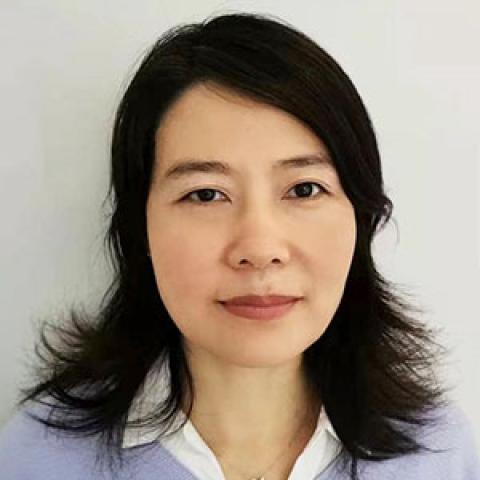
The Tong Lab tackles challenges in the interdisciplinary areas of bioresource engineering and sustainable chemistry. We develop innovative technologies for producing chemicals, materials, energy, and fuels from renewable resources.
Current research interests include:
Disciplines:
Materials and Nanotechnology
Energy and Sustainability
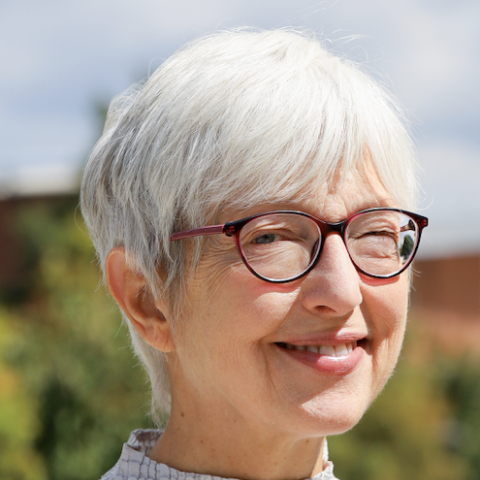
Valerie Thomas is the Anderson-Interface Chair of Natural Systems and Professor in the H. Milton School of Industrial and Systems Engineering, with a joint appointment in the School of Public Policy.
Dr. Thomas's research interests are energy and materials efficiency, sustainability, industrial ecology, technology assessment, international security, and science and technology policy. Current research projects include low carbon transportation fuels, carbon capture, building construction, and electricity system development. Dr. Thomas is a Fellow of the American Association for the Advancement of Science, and of the American Physical Society. She has been an American Physical Society Congressional Science Fellow, a Member of the U.S. EPA Science Advisory Board, and a Member of the USDA/DOE Biomass Research and Development Technical Advisory Committee.
She has worked at Princeton University in the Princeton Environmental Institute and in the Center for Energy and Environmental Studies, and at Carnegie Mellon University in the Department of Engineering and Public Policy.
Dr. Thomas received a B. A. in physics from Swarthmore College and a Ph.D. in theoretical physics from Cornell University.
Hydrogen Transport/Storage; Biofuels; ClIMaTe/Environment; Electric Vehicles; System Design & Optimization; Energy and Materials Efficiency; Sustainability; Industrial Ecology; Technology Assessment; Science and Technology Policy
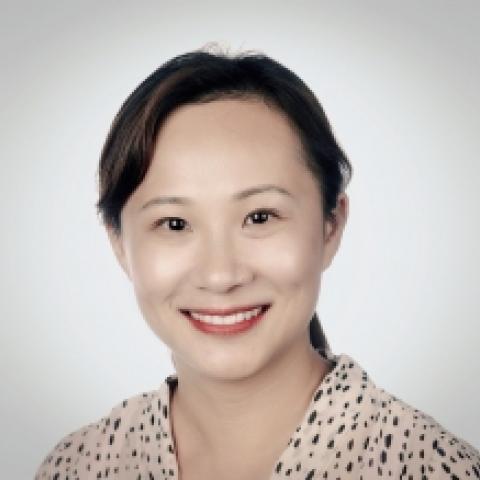
Yuanzhi Tang holds undergraduate degrees in Geology and Economics from Peking University, China. She earned a Ph.D. degree in Environmental Geochemistry at Stony Brook University and then continued working in the microbiology group of Prof. Colleen Hansel.
Tang joined the Georgia Tech faculty in 2013 as an assistant professor and is now an associate professor in the School of Earth and Atmospheric Sciences.
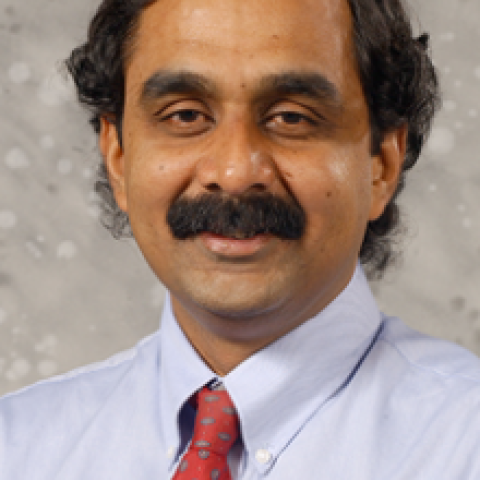
Mohan Srinivasarao is a Professor with the School of Materials Science and Engineering. Srinivasarao received his Ph.D. in Chemistry in 1990 from Carnegie Mellon University, a M.Sc in Applied Chemistry in 1981 from PSG College of Technology (University of Madras, India), and a B.Sc in Applied Science in 1979 from Madurai University, India.
Srinivasarao specializes in physical chemistry of polymers, physics of nematic liquid crystals, optics of liquid crystals, rheology/rheo-optics of polymeric fluids and liquid crystals, polymer/liquid crystal dispersions, various forms of light microscopy including confocal microscopy and photon tunneling microscopy, color science, and nano-optics in the biological world (color of butterfly wings, beetles, moths, and bird feathers).
Srinivasarao is a member os several professional organizations including the American Chemical Society, Materials Research Society, Optical Society of America, Society of Rheology, American Physical Society, and the American Association for the Advancement
Conducting Polymers; Optical Materials; Bio-Inspired Materials; Advanced Characterization; Biomaterials; Nanocellulose Applications; Biocomposites; Polymer & Fiber
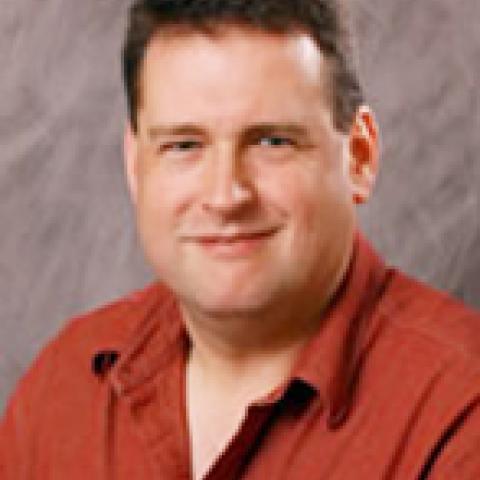
Scott Sinquefield completed his Ph.D. in Chemical Engineering in 1998 at Oregon State University. He spent three years working with the Multi-Fuel Combustion Group at the Combustion Research Facility at Sandia National Labs (Livermore); where he performed the experimental portion of his thesis research. He joined the Chemical Recovery group at IPST in 1998 and was lead.engineer in the construction and operation of the Pressurize Entrained Flow Reactor facility. He now leads the research program on black liquor gasification. He has extensive experience in the design and construction of pilot research reactors and control systems. He also has expertise in boiler fire-side fouling and thermodynamic modeling of aqueous electrolyte systems.
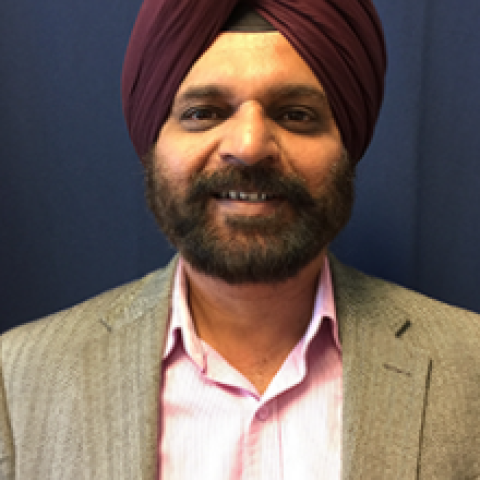
Prior to joining MSE in July 2003 Professor Singh was a faculty member in Corrosion and Materials Engineering Group at The Institute of Paper Science and Technology (IPST) since 1996. While in IPST Singh worked on fundamental as well as applied research projects related to the corrosion problems in the pulp and paper industry. From 1990 to 1996, he was a Senior Research Associate at Case Western Reserve University, Cleveland, Ohio, working on various materials and corrosion related research projects, including damage accumulation in metal matrix composites (MMCs), Environmental sensitive fracture of Al-alloys MMCs, and High temperature oxidation of Nb/Nb5Si3 composites. He received the Alcan International's Fellowship in 1988-90 to work on "Effects of Low Melting Point Impurities on Slow Crack Growth in Al Alloys," He has published over 50 papers in reputed scientific journals and conference proceedings. He is active member of NACE, TMS, TAPPI and has co-organized a number of international symposiums.
Reliable performance of the materials is very important for any industrial process and especially for the chemical process industry for the manufacture of a high quality product. Material selection is generally based on the required material properties, low initial capital investment, and minimum maintenance. Changes in the process parameters to improve products can often lead to higher corrosion susceptibilities of the plant materials. Moreover, with increase in capital cost, there is pressure to extend the life of existing plant equipment beyond its original design life. Corrosion and Materials Engineers are also playing a key role in selecting, maintaining, and modifying materials for changing needs for every industry. Corrosion Science and Engineering research includes understanding the basic mechanisms involved in material degradation in given environments and using that knowledge to develop a mitigation strategy against environment-induced failures
Composites; fracture and fatigue; stress corrosion; Materials Failure and Reliability; Biofuels; Chemical Recovery; Environmental Processes; Sustainable Manufacturing; Energy & Water; Corrosion & Reliability